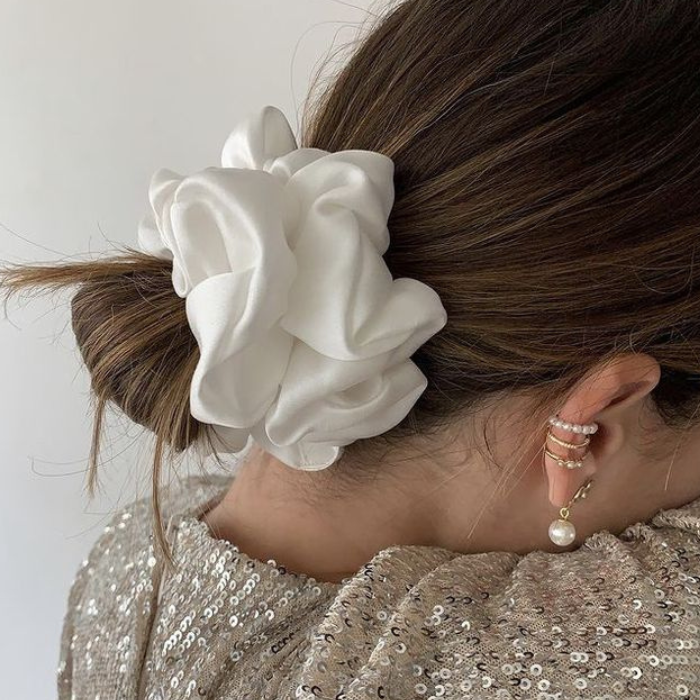News
The Role of Handmade Products in Shaping Sustainable Choices
As sustainability and ethical consumerism gain momentum, handmade products are emerging as a meaningful solution for eco-conscious individuals. They represent a commitment to thoughtful consumption, environmental responsibility, and the preservation of artisanal traditions. This shift from mass production to handmade goods is revolutionizing the way consumers make choices, aligning their values with a more sustainable future.
1. Reducing Waste Through Thoughtful Production
Unlike mass production, which often results in wasteful overproduction, handmade products are typically crafted in small batches or on demand. Artisans focus on using only what is needed, frequently incorporating recycled or upcycled materials. By embracing this mindful approach, handmade products significantly reduce industrial waste and provide an eco-friendly alternative for consumers.
2. Eco-Friendly Materials and Practices
Handmade items often showcase the beauty of sustainable materials, such as washed natural linen, organic cotton, or reclaimed wood. These materials, chosen for their minimal environmental impact, reflect the artisan’s dedication to eco-conscious practices. Crafting processes are frequently low-energy and involve careful attention to detail, resulting in high-quality products with a smaller carbon footprint.
3. Supporting Local Artisans and Ethical Trade
Purchasing handmade goods directly supports small businesses and artisans, preserving traditional craftsmanship and promoting cultural heritage. Many artisans also adhere to fair trade principles, ensuring ethical practices and fair wages. This creates a positive impact, not only on local economies but also on the lives of those who dedicate their skills to crafting unique, timeless products.
4. Quality and Durability Over Quantity
Handmade products, like timeless linen scrunchies or handcrafted accessories, are built to last. The attention to detail and care invested by artisans result in durable, high-quality items that resist the throwaway culture of fast consumerism. These products can become cherished, long-lasting staples, reducing the need for frequent replacements and the environmental costs associated with them.
5. Fostering Intentional and Mindful Consumerism
Handmade goods encourage a shift away from impulse buying. Whether it’s a delicately woven linen hair tie or a handcrafted wooden bowl, each piece tells a story, fostering a deeper connection between the consumer and the artisan. This mindful approach leads to more intentional purchasing, celebrating the artistry and uniqueness of every item.
6. Sustainability Meets Style in Fashion
The handmade movement is redefining the fashion industry, particularly in accessories like linen scrunchies. These items embrace the principles of slow fashion, emphasizing quality over quantity. Natural fibers like linen offer elegance, breathability, and sustainability, aligning with the growing demand for eco-friendly alternatives to fast fashion. Handmade fashion is not only a style statement but also a commitment to reducing overconsumption.
7. A Future Rooted in Craftsmanship
Handmade products represent a harmonious blend of artistry and sustainability. By choosing handmade, consumers contribute to reducing waste, supporting ethical practices, and preserving traditional skills. Whether it’s a washed linen hair tie or a one-of-a-kind decorative piece, these products embody the values of quality, care, and environmental mindfulness.
Conclusion
Handmade goods go beyond being just beautiful items—they embody a shift in values towards sustainability, ethical craftsmanship, and meaningful connections. As consumers seek to align their purchases with these principles, handmade products like our Washed Natural Linen Scrunchies stand out as timeless, eco-friendly treasures. Choose handmade, and take a step toward a more thoughtful, sustainable future.

